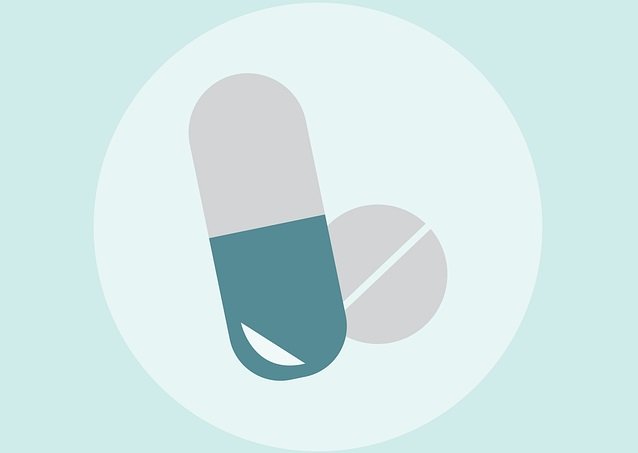
In a recent study from Columbia University, researchers find that a drug called ruxolitinib could help cure hair loss disease.
The team found that 75% of patients with the disease had strong hair regrowth after treatment. By the end of treatment, average hair regrowth among the patients was 92%.
The hair loss disease is alopecia areata, an autoimmune disease that causes patchy and, less frequently, total hair loss.
It the second most common form of hair loss, can occur at any age and affects men and women equally. Currently, there are no known treatments that can completely restore hair.
In the study, researchers tested 12 patients with moderate to severe alopecia areata (more than 30 percent hair loss).
All patients were given 20 mg of oral ruxolitinib, twice a day, for 3-6 months. All people were followed for another 3 months to test the durability of treatment.
The researchers found that 9 of the patients had hair regrowth of 50% or greater. By the end of the treatment period, 77% of those who responded to the therapy achieved hair regrowth of more than 95%.
These levels were similar to those in people without alopecia areata.
Moreover, skin biopsies performed before, during, and after treatment showed that responders had less inflammatory response—and higher levels of hair growth.
The team also found that 1/3 of the responders had hair loss again in the follow-up period after stopping the drug, but their hair loss did not reach pre-treatment levels.
The drug was well-tolerated in all participants, with no serious side effects.
Another study from Stanford University and Yale University that tested a similar drug reported consistent results.
Taken together, the two studies show that researchers are on the right track to cure hair loss disease.
The findings are published in the Journal of Clinical Investigation/Insight.
Copyright © 2018 Knowridge Science Report. All rights reserved.



